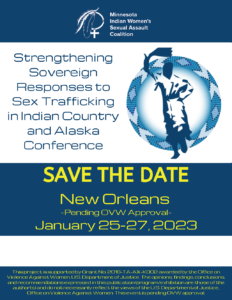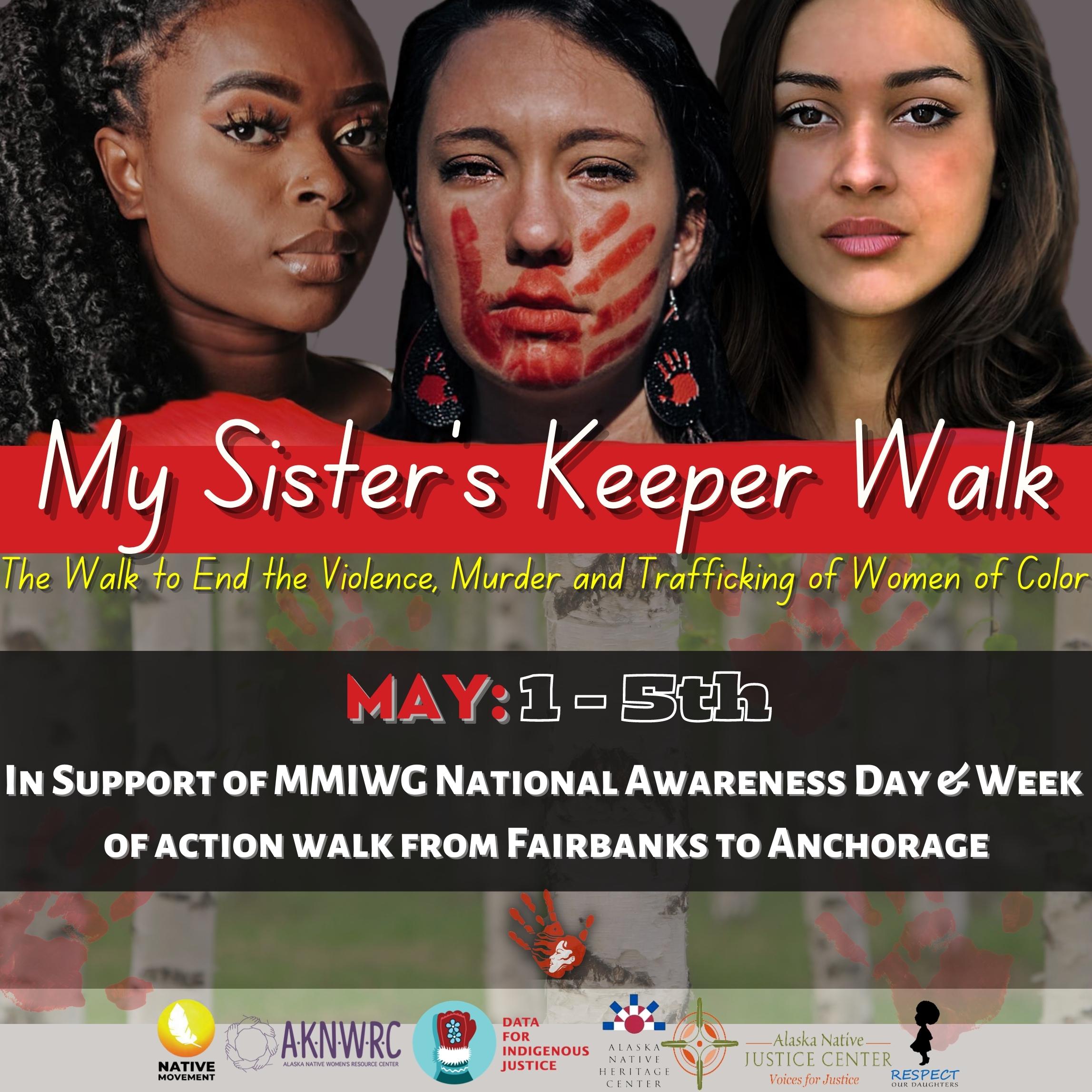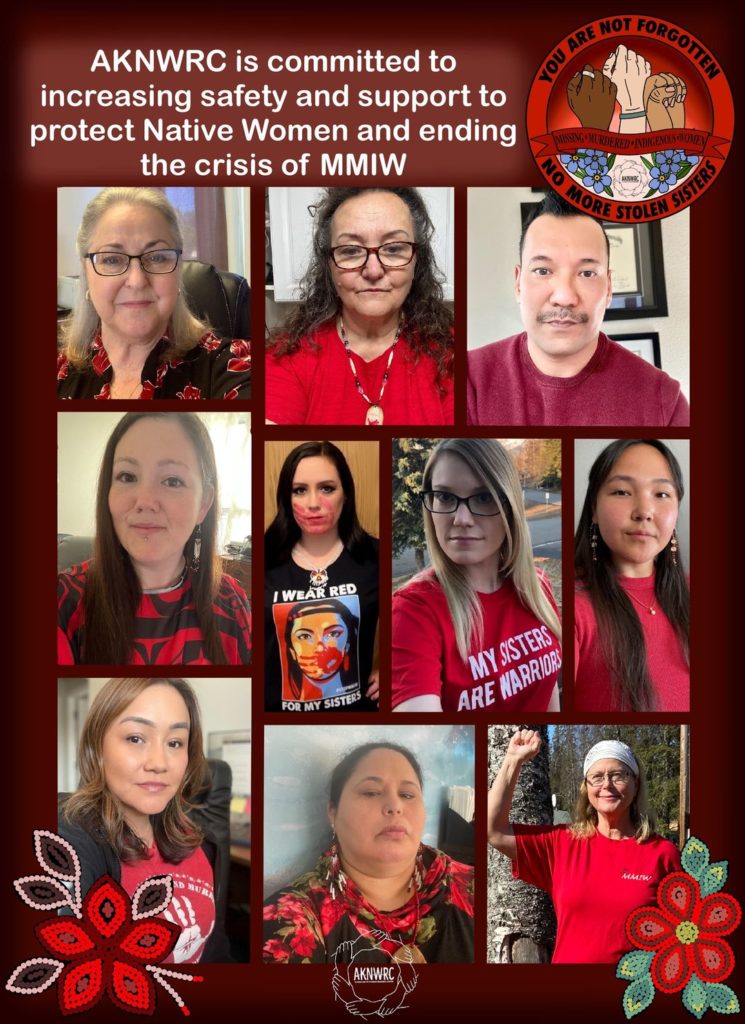EVENTS
|
This webinar will address how victim advocates and other social service professionals can build a coordinated response across jurisdictional boundaries to better serve AIAN living in urban areas. Special attention will be paid to recent legislation like Savanna’s Act, which specifically mentions the need to partner with urban AIAN programs. Learning
Objectives: At this end of this webinar, participants will be able to:
• Identify unique challenges faced by AIAN living in urban areas who are victimized by domestic violence, stalking, sexual assault, and sex trafficking.
• Provide culturally responsive support to AIAN victims living in urban areas.
• Enhance interjurisdictional coordination to enhance support to victims and reduce gaps in services.
Registration link:
https://red-windnet.zoom.us/webinar/register/WN_2pBi9Y4NTiiv7enhOzhz8A#/registration
In this age of neuroscience with focus on the physiological reaction of the brain and body to a trauma, recognition of the feelings experienced by the survivor as a result of the trauma has almost become secondary. This presentation reminds us of the importance of fear, anger, guilt, and depression in response to trauma. The Justice Clearinghouse will discuss where these feelings come from, the role that they play in the traumatic response, and how we can assist the survivor with managing or coping with these feelings as part of their recovery from the trauma.
Registration info:
The Praxis Talk Story series explores critical issues related to social justice advocacy through dialogue with national organizers, advocates, and activists. This session considers the intersections between Indigenous solidarity and our work to end gender-based violence. We will talk story about what it means for advocates to be in solidarity with Indigenous communities and survivors, what actions advocates, and advocacy programs take to create social change related to Indigenous rights and sovereignty, and how advocacy programs can be in stronger solidarity with Indigenous survivors and communities.
Registration link:
https://us06web.zoom.us/webinar/register/WN_-xC-FgzASZ-oRAfyFbSVZA#/registration
In this webinar, participants will gain insights into federal confidentiality requirements and their link to advocacy centered on survivors. Exploring privacy concepts, we will highlight empowering survivors in their choices about sharing information. Additionally, we will cover the overlap between confidentiality, privacy, and technology. Tailored for newcomers and seasoned professionals alike, this session serves as both an orientation for new employees and a refresher for experienced practitioners.
Registration link coming soon!
The Q&A session with the National Network to End Domestic Violence will spotlight the importance of maintaining privacy and confidentiality while using technology for remote work. Participants will gain valuable insights into protecting survivors’ information and respecting confidentiality in digital spaces for remote work. To enhance engagement, attendees will be invited to submit questions in advance, allowing for live discussion and tailored insights during the session.
Registration link coming soon!





